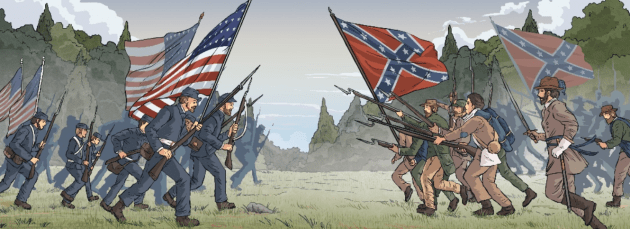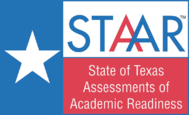Monday: Each class period will examine different units/areas that were addressed this year. This will be our last day the classes will participate in the activities. (This will be our last day to participate in the activities.)
- Understand how the government’s powers are limited, how the rights of the people are protected in the United States.
- 7 Principles of the government/7 Principles of the Constitution
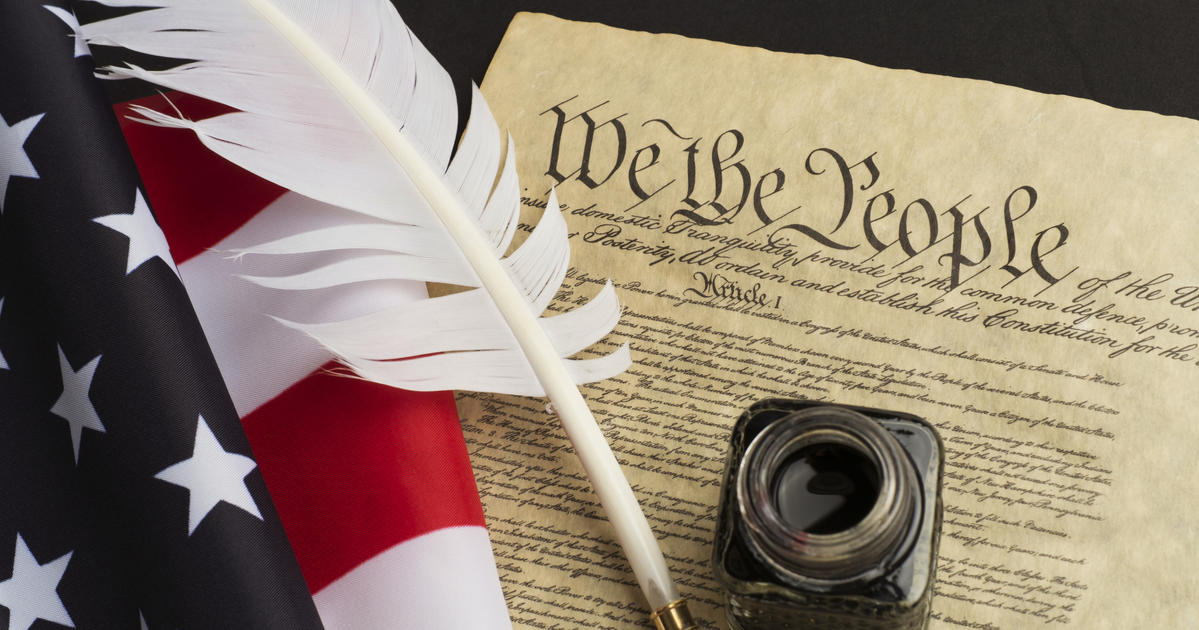
Free Enterprise (Laissez-Faire) While a free enterprise system characterized the new republic, it was necessary for the government to establish economic policies.

Bill of Rights (Focusing on the rights of the accussed: 4th,5th,6th,8th, and 14th Amendments)
-
- Movie: “12 Angry Men”

Tuesday: 8th Grade Reward Trip. (Certain criteria was established to determine which students were eligible for this activity.)
Wednesday, Thursday, Friday: Students will examine several units/areas that were addressed this year. Each class period will examine and review the different units/areas that were addressed this year.
 .
. 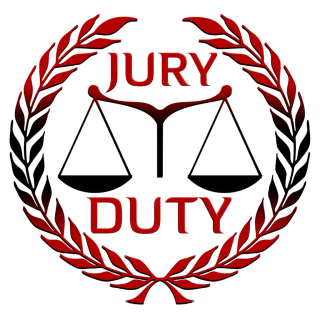 .
. 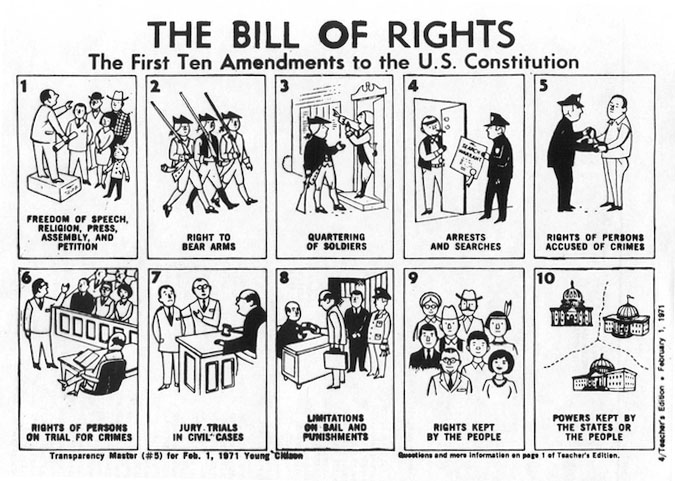
Week of May 19-21
Monday: Campus-wide Dodgeball Day/Fun Day; Tuesday: Early Release, Wednesday: Early Release (Awards Assembly)


